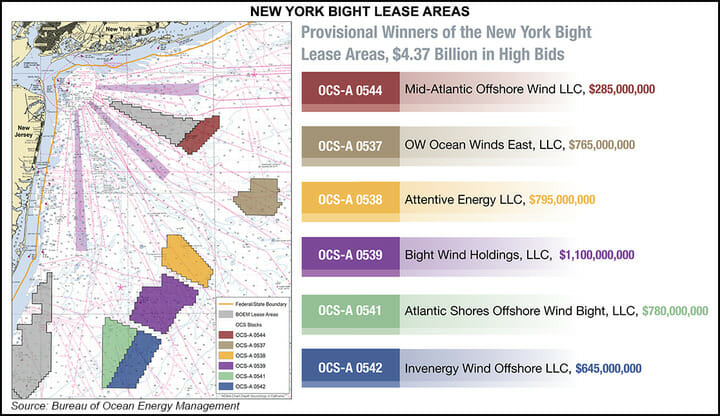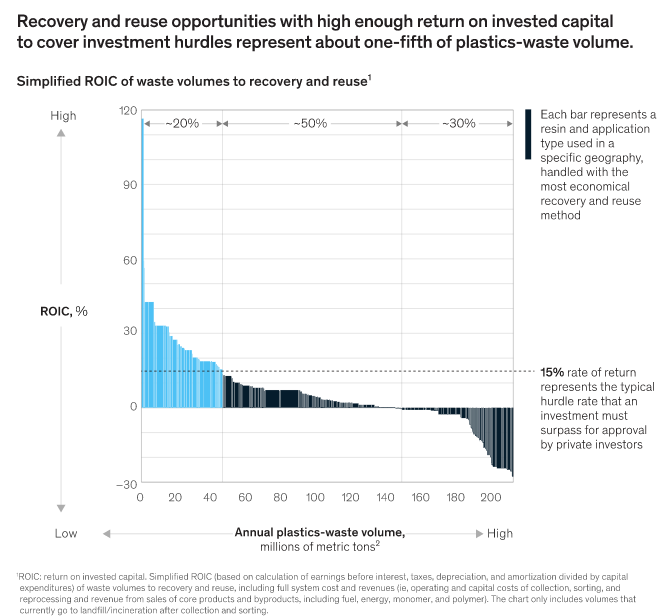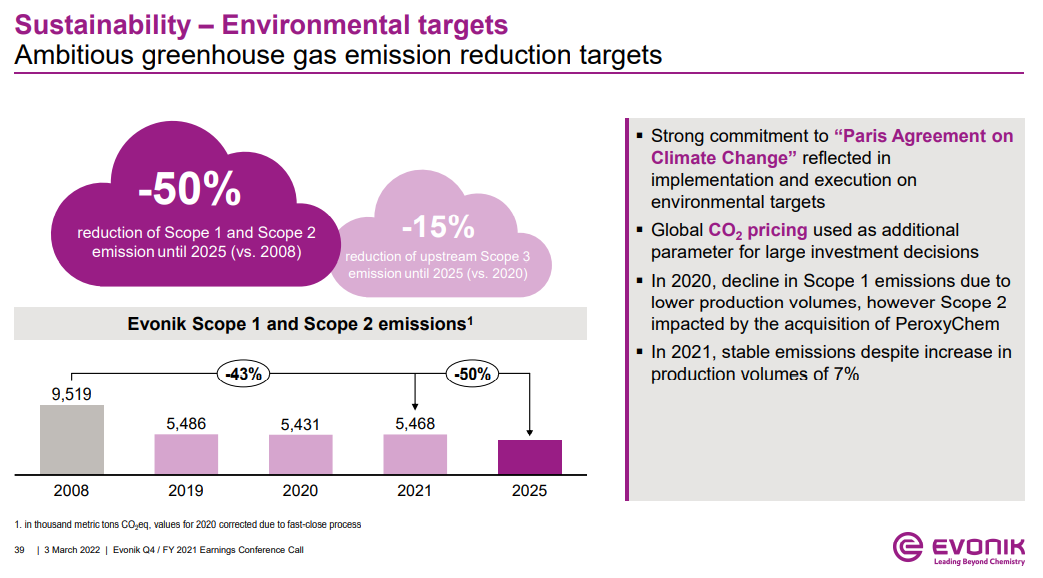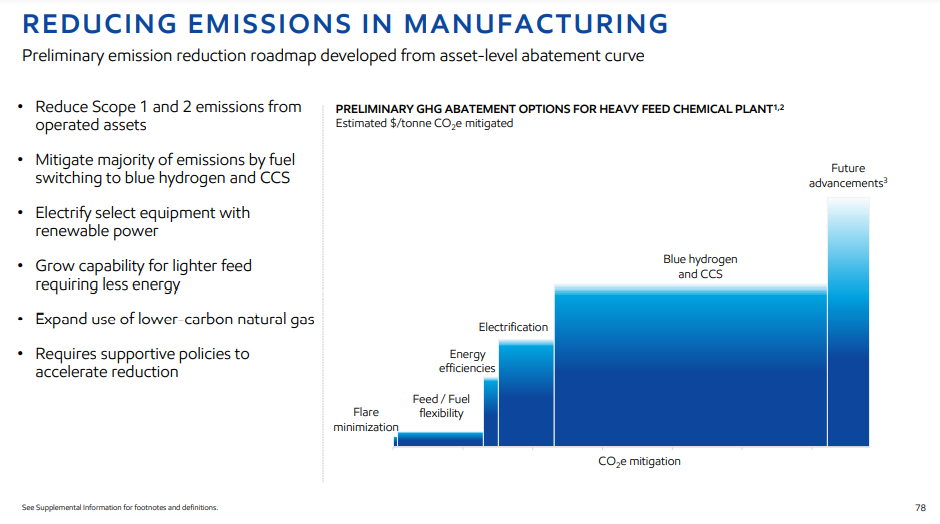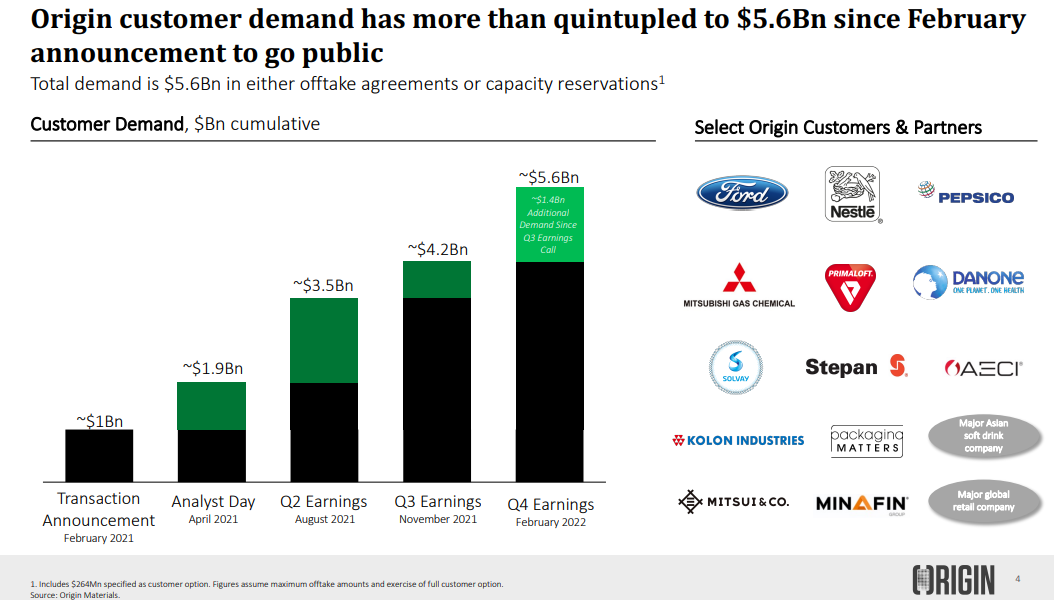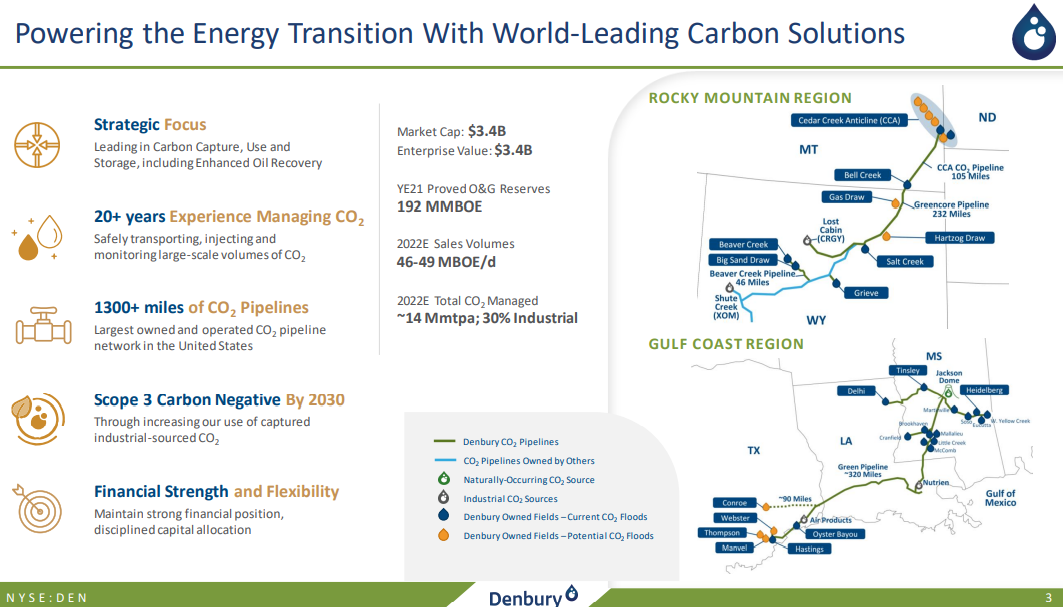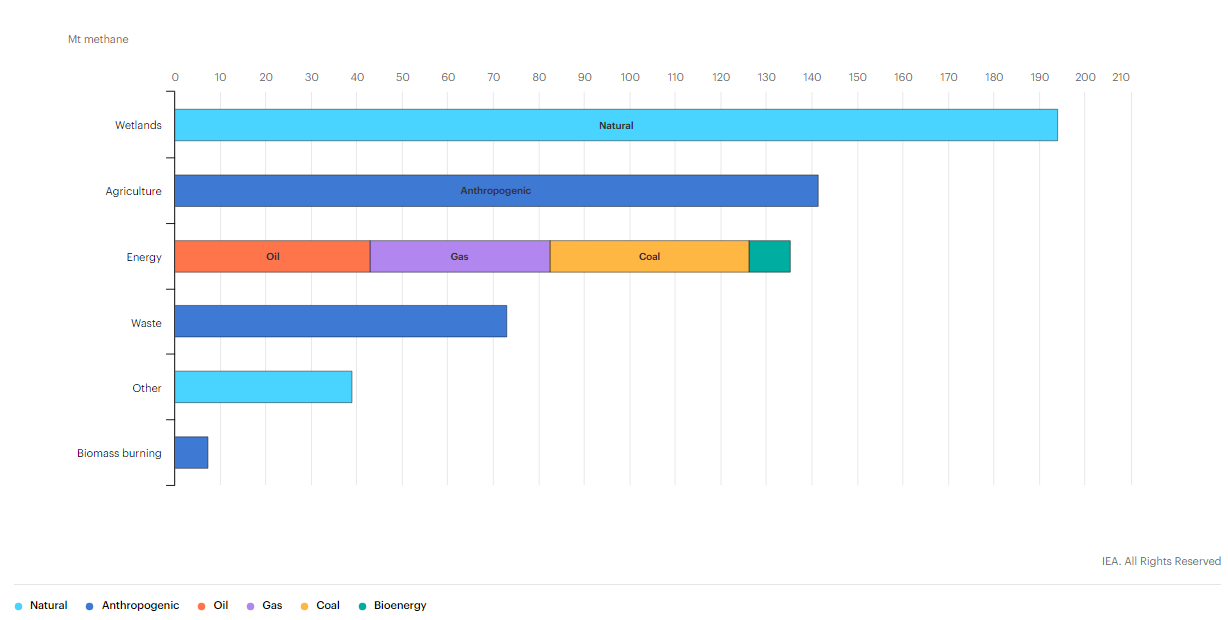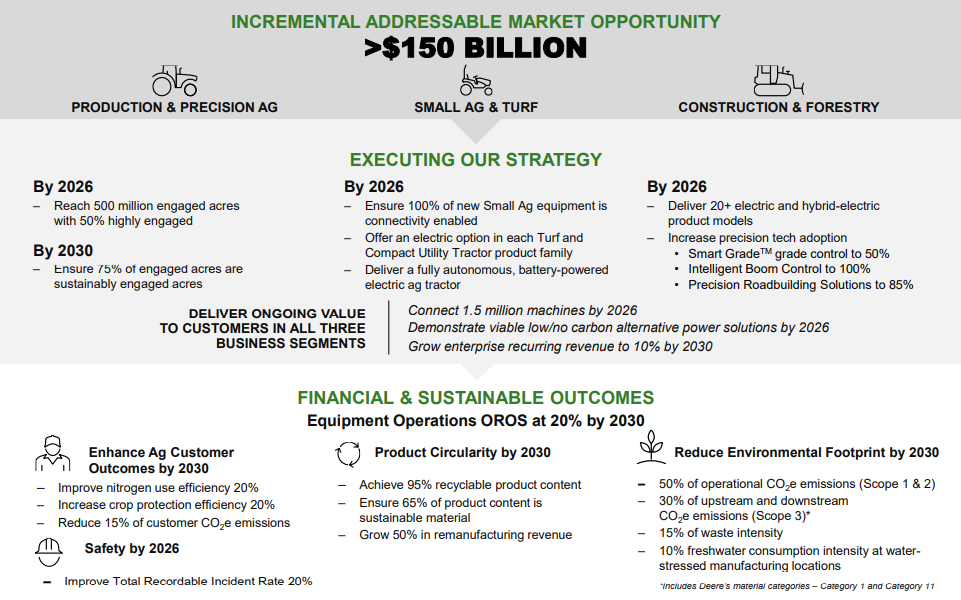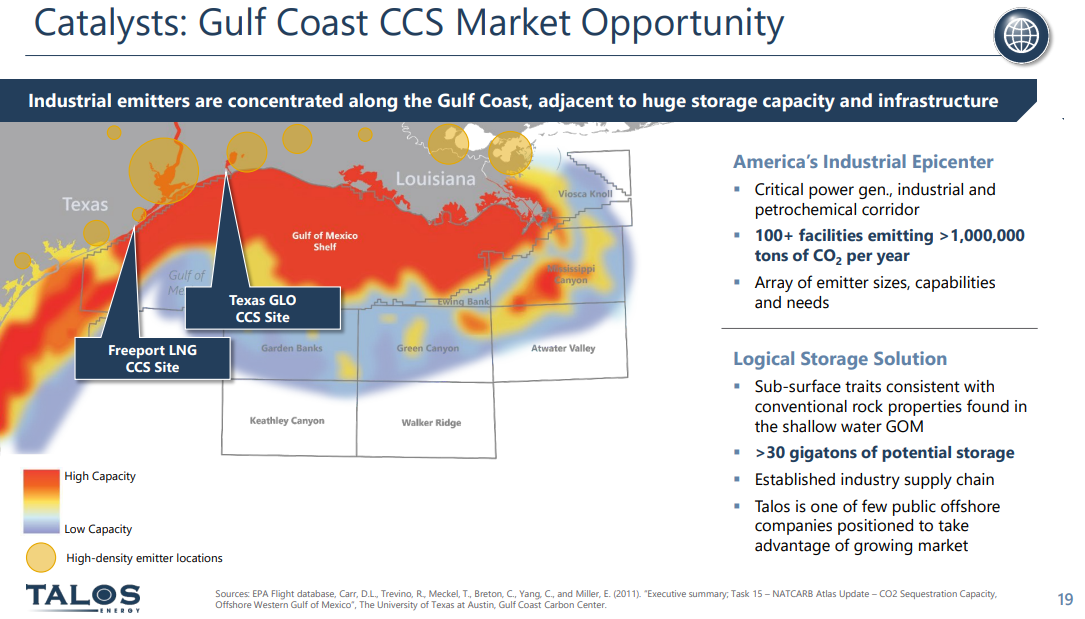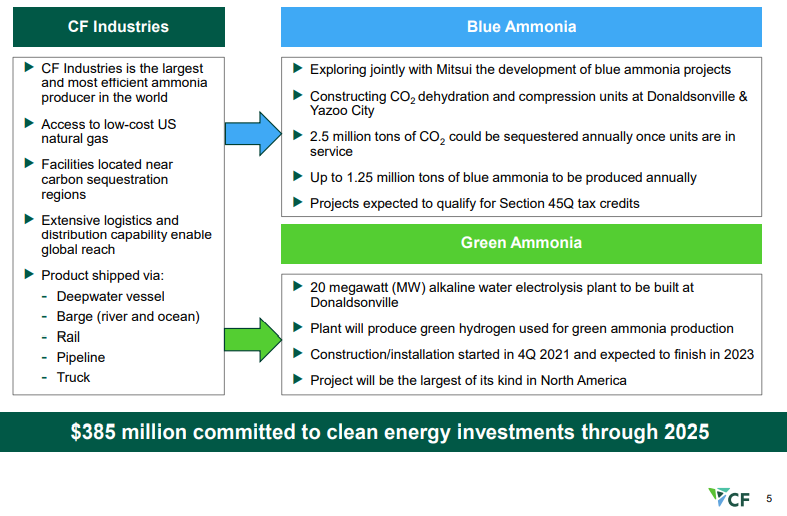We include a couple of headlines and charts in today's daily report that step into the central theme of this week’s ESG and climate report, which will be published tomorrow (see here). The offshore wind ambitions and the EIA solar and battery projections both assume that the materials are available to build the capacity. In the case of the offshore wind leases, the winning bidders do not need to be in the market for all of the projects today and while the opportunities will lead to a step-change in demand for turbines in the US, the timing is less clear today that it will be in a few months and that timing may be adjusted to reflects equipment timing and costs, etc.
Recent Posts
Renewable Power Urgency Complicated By Material Availability
Mar 8, 2022 1:49:00 PM / by Graham Copley posted in ESG, Climate Change, Sustainability, Coal, Energy, natural gas, solar, renewable energy, power demand, manufacturing, wind, EIA, reshoring, offshore wind, raw material, battery
Plastics Recycling Is Mostly About Volume
Mar 4, 2022 1:42:27 PM / by Graham Copley posted in Recycling, Polyethylene, Plastics, PET, Mechanical Recycling, recycled polymer, HDPE, polymer, Plastics recycling
The McKinsey analysis is likely spot-on, as it is very difficult to get enough recycled polymer to produce a mechanically recycled stream that can be used in the highest value same use market. Solving for this is complicated by many factors, with too many stakeholders in many of the chains to make it work:
Carbon Pricing Will Be Critical For Investment Decisions, Lack of Clarity Will Cause Delays
Mar 3, 2022 1:35:16 PM / by Graham Copley posted in ESG, Hydrogen, Climate Change, Sustainability, CCS, Blue Hydrogen, CO2, Carbon Price, bp, carbon dioxide, carbon abatement, manufacturing, carbon pricing, Evonik, cost curves
The Evonik discussion around CO2 prices is both relevant and important as CO2 values will be a critical component of investment decisions for many industries going forward. Those waiting for explicit guidance on CO2 prices are likely to be disappointed as we are not seeing much global coordination today and as we discussed yesterday, the European market, which had been the better indicator in our view over the last 18 months, has collapsed in the wake of the Russia/Ukraine conflict as some countries ask for it be suspended, while speculators are assuming that lower gas supplies into Europe will lead to lower emissions and less demand for credits. One of the options here is to take the bp approach and assume a carbon price in investment decisions. Early last year, bp indicated that it would fix on a carbon price of $100 per ton in its longer-term planning. We believe that this is a ballpark steady-state for CO2 pricing but that traded prices could be quite volatile around that level, depending on the mechanisms used. But even if we have a consistent carbon price, we will see significant changes in industry costs and competitive cost curves based on the various costs of carbon abatement. We have written in the past that we could see huge benefits to the US manufacturing base because of the combination of relatively low-cost hydrocarbons and relatively low-cost CCS opportunities. By contrast, we see costs rising steeply in places like central West Europe, where the local CCS opportunity is off the table. Even if Europe can produce cost-effective blue hydrogen on the coast, getting it to central Europe will be an issue. The landscape is less clear in Asia, but we expect to see some competitive edge for countries with low-cost CCS options – Malaysia, Indonesia, Thailand, and parts of China. See more in today's daily.
ExxonMobil: Illustrating That Energy Transition Can Be Done (With The Right Policies)
Mar 2, 2022 1:14:58 PM / by Graham Copley posted in ESG, Hydrogen, Carbon Capture, Climate Change, Sustainability, CCS, Blue Hydrogen, CO2, ExxonMobil, Net-Zero, carbon credit, carbon cost, energy transition
Playing right into the central argument of our ESG and Climate report is today’s ExxonMobil investor day, and we include a couple of key slides around the company's proposed path to net-zero below. The first slide shows just how much blue hydrogen (with CCS) the company plans to add to offset its emission-generating fuels – the volumes implied in the chart are high.
Market For Renewably Source Polymers Is Growing
Feb 25, 2022 1:52:40 PM / by Graham Copley posted in ESG, Polymers, Climate Change, Sustainability, renewable polymers, renewables, polymer demand, Origin Materials
Origin Materials reported earnings yesterday and the highlight was the further increase in possible customer demand for the products the company plans to make, as well as the recent announcement of a second US plant. In our ESG and Climate piece on Wednesday, we talked about how important it is going to be for these new technology companies to have bankable offtake agreements, as these will be needed to support funding, given the more cautious outlook that the market has towards project finance today and the concerns over rising rates. The products that Origin expects to make should have robust demand, and they should attract a whole bunch of interested customers, all of whom are struggling with their own ESG dialogue. The question around Origin is whether the technology can deliver the products at costs that make sense and in reliable volumes. The story looks good if the process does what is promised.
Lots Of Carbon Opportunities At The Right Price
Feb 24, 2022 1:42:02 PM / by Graham Copley posted in ESG, Carbon Capture, Climate Change, Sustainability, CCS, CO2, Energy, energy transition, crude oil, Denbury, EOR, carbon capture and storage
The Denbury release is a great example of something that we discussed in our ESG and Climate piece yesterday. The company is putting stakes in the ground concerning carbon capture and storage but is only really spending on its EOR opportunities, which of course look really interesting today. While the 45Q credit for EOR helps, the main driver is the incremental crude oil volumes that you can pull out of the ground because of the CO2 injection – the higher the price of crude oil the greater the value of EOR. Regardless of the tax credit, the economics of EOR should look very good today and it is not surprising to see several initiatives from Denbury given that it has a lot of existing infrastructure for CO2. The CCS plans are no different than some of the projects we discussed yesterday – they are stakes in the ground – marking territory – but unlikely to move forward without higher incentives. One of the core topics of our report yesterday is whether the conflict in central Europe will turn attention away from energy transition and energy security for tomorrow, because of the acute distraction of both energy and national security today.
Lots Of RNG - But Lots Of Small Projects
Feb 23, 2022 1:58:29 PM / by Graham Copley posted in ESG, Climate Change, Sustainability, Methane, Energy, Emissions, renewable natural gas, Agriculture, energy industry, RNG, Archaea Energy
We have noted several renewable natural gas initiatives in the US and the data in the chart below shows how much methane is emitted by agriculture – the largest source after natural leakage. The agriculture-based RNG projects only make economic sense today where you have access to very large farms, where customers are willing to pay a premium, or where you qualify for incentives. That said we expect more projects, with growth stories at companies like Archaea Energy dependent on building new projects. The chart also shows how much emissions flow from the energy industry and this has been a more acute focus for remediation since COP26. See more in today's ESG and Climate report.
Plenty Of ESG Opportunities In Agriculture
Feb 18, 2022 2:22:18 PM / by Graham Copley posted in ESG, Carbon Capture, Climate Change, CO2, Climate Goals, CO2 emissions, Agriculture, Deere, machinery, CO2 capture, equipment
When we highlighted the Ag equipment names as interesting in our daily report earlier in the week, we had not realized that a Deere earnings announcement was imminent. The high farm profitability in the US is giving farmers some freedom with spending at a time when the equipment makers are hitting the market with some exciting new products – especially autonomous machinery – which can save on labor costs. The ESG angle here is further advances in precision agriculture, which can allow for more output for fewer inputs. There is also a very strong push towards low-till and no-till farming (to lower net CO2 emissions or increase CO2 capture) and this is an opportunity for the equipment makers to sell new equipment.
CCS In The US: The Potential Is Significant
Feb 17, 2022 12:55:54 PM / by Graham Copley posted in ESG, Hydrogen, Carbon Capture, Climate Change, Sustainability, CCS, CO2, decarbonization, carbon value, urea, CF Industries, Climate Goals, oxygen
There should be little doubt that the US has a significant opportunity to decarbonize through CCS and if the US has a carbon value close to the level in Europe today we would be seeing investments announced almost weekly. While permitting would cause some significant lead time between announcement and construction/operation, the other uncertainty might be how best to capture the CO2. In its earnings release yesterday, CF talked about purifying CO2 streams at its two large Urea plants on the Gulf Coast, such that the CO2 would be ready to sequester, but the Urea process creates a relatively concentrated stream of CO2 and that makes separation much easier. For others, the better route might be hydrogen investments – driven by the relative ease of capturing the CO2, especially if it is part of the process design. If this route is more economic, the net new investment would be substantial, not just for the SMR, ATR, or fuel cell hydrogen generators, but also for the infrastructure and oxygen capacity for any ATR investment. This seems like a no-brainer bi-partisan opportunity for the US as there is broad support for CCS but incentives need to be higher. For more on this topic see our ESG and Climate research.
Low Cost CCS Could Be A Game Changer For The US
Feb 16, 2022 1:41:38 PM / by Graham Copley posted in ESG, Hydrogen, Chemicals, Carbon Capture, Climate Change, Sustainability, Green Hydrogen, CCS, CO2, Sequestration, Ammonia, blue ammonia, CF Industries, crude oil, low carbon, green ammonia, carbon intensity, carbon market
We continue to believe that the US has a cost advantage in CCS versus many of the other regions of the world and that when coupled with low natural gas prices the US should be able to take a lead in developing low carbon chemicals. CF is pushing the idea of both blue ammonia in the US as well as green ammonia, and while the company has yet to announce sequestration plans for the CO2 it is working to purify – see Exhibit - once dehydrated and compressed the incremental cost of storage should be low.


